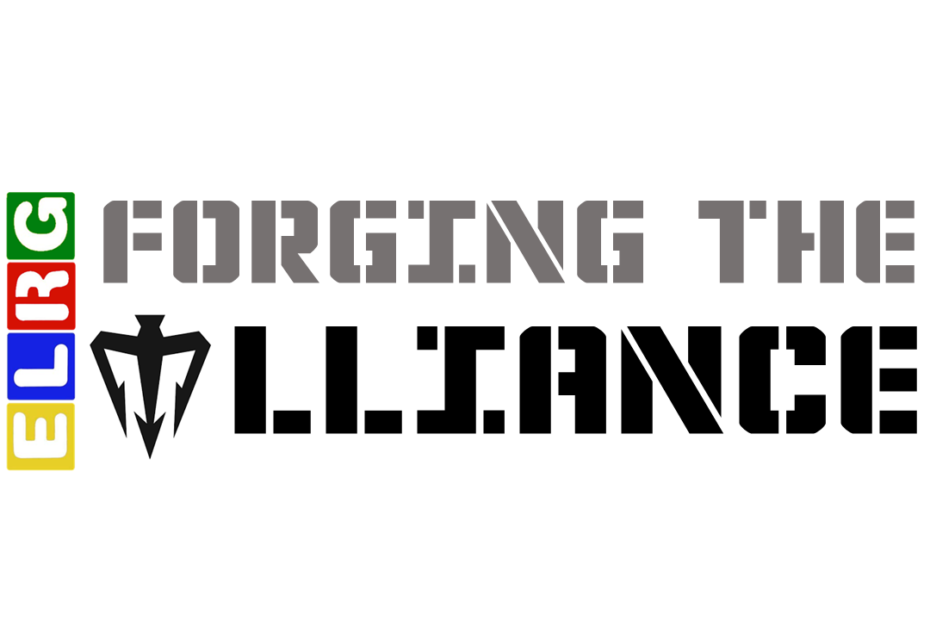It has been one year since the Enlisted Leader Research Group (ELRG) was formed when Topsarge Business Solutions (TBS) entered into a three-year Cooperative Agreement with the U.S. Army Research Institute for the Behavioral Social Sciences (ARI) in July 2019 to conduct in-depth, long-term research in support of professional development of junior noncommissioned officers (NCO). Research that focuses on the value of experience, tenure, and productivity of junior NCOs and how that affects performance as a leader and a soldier includes leadership challenges for junior NCOs in Multi-Domain Operations (MDO); recommendations to leverage findings from ecological systems theory research; recommendations to reduce impact of requirements and taskings on the ability of NCOs to lead; train, and take care of soldiers and develop their own training and leadership skills; recommendations for design and development of exemplar training, training resources, and job aids; and findings from evaluation of exemplar training, training resources, and job aids.
When this agreement began it was hoped that the team would help better connect behavioral scientists with leaders in the Army; as well as provide recent and relevant operational expertise from Army subject matter experts. These SMEs would help connect the scientific and research community and officer and enlisted leaders in key positions. It did not take long to discover that more than a connection was required, in today’s high operations tempo it is about collaboration, cooperation and partnership. It was determined that an advisory council was needed for success. Using a technique trialed by ARI in the mid-2000s by forming The Army Test Program Advisory Team (ATPAT), select NCOs served as advisors to one research project. It was our intent that an alliance making up the research community of the Army’s behavioral scientists, senior enlisted leaders of all components, and contracted military subject matter expert advisors could identify and solve challenges facing the noncommissioned officer cohort through participation in all NCO-focused research. This advisory team was to be called the ELRG Alliance.
The plan to conceive an innovation center began with a concept, the framework was developed and feedback was sought from the Sergeant Major of the Army when the ARI Director Dr. Michelle Zbylut and Dr. Brian Crabb, the Director of the Fort Hood Research Unit met with SMA Michael A. Grinston on February 5th in the Pentagon. In their information briefing the SMA provided recommendations and supported the plan, the Alliance began to take shape after that. It was determined that starting in our own backyard with Fort Hood senior leaders would be a quick start.
Led by the cooperative agreement manger Dr. Jeffery Fite, and in a supporting role the principal investigator CSM (Ret.) Dan Elder, the ELRG team began an information blitz and briefed senior enlisted leaders across the force. Many were not deeply familiar with the applied research units (RU) and ARIs focus areas, or of the leader development and training concentration of the Fort Hood Research unit. It still remains the only RU collocated with operational forces. Many senior NCOs through the briefings learned of the two ARI research teams on Fort Hood, and that the NCO Team is exclusively dedicated to noncommissioned leader development research.
To date many key positional NCO’s and nominative senior enlisted leaders have volunteered to join us in our research. Those enlisted leaders are trailblazers themselves and continue to share and exchange information with the research community, and each has been receptive to participating with the ELRG. The ELRG Alliance is comprised of behavioral scientists and academics (ARI); industry partners and contract Army subject matter experts (SMEs); and senior enlisted leaders from all three components. This “trident” is focused together with a goal to conduct research to improve the readiness of operational Army units through unit-focused behavioral science research in order to improve NCO leader development, collective training, and performance measurements.
The Alliance allows for connectivity, but also provides a platform to discuss current and future soldier lifecycle challenges that noncommissioned officers might be facing, and the ELRG looks for data driven solutions that are based on science and research. Before the ELRG, enlisted leaders could see NCO leader development challenges, but many did not have the ability or assets to investigate or conduct independent analysis. In today’s Army data drives decisions, so collectively the ELRG and the Alliance can partner to identify challenges, to seek valid research opportunities, identify research plans in order to collect data, conduct the required research, and analyze the data for potential solutions. The NCO Corps now has its own think tank, which includes the expertise and credentials of a multitude of former enlisted soldiers on hand as subject matter experts to partner with scientists to develop scientifically sound courses of actions that can lead to better solutions.
As senior enlisted leaders in key positions seek solutions to unique or future challenges the ELRG is one more tool available to investigate vexing problems or to provide development opportunities to them or their subordinate NCO leaders. Information and data is exchanged both ways between Alliance members and the ELRG, all one needs to do to seek support or advice from the ELRG is through the first ELRG e=member in the NCO Support channel. ELRG members would be glad to conduct a deskside or Microsoft Teams briefing with any key leader and discuss ways that you can become a member of the Alliance. The ELRG Alliance can help you.
